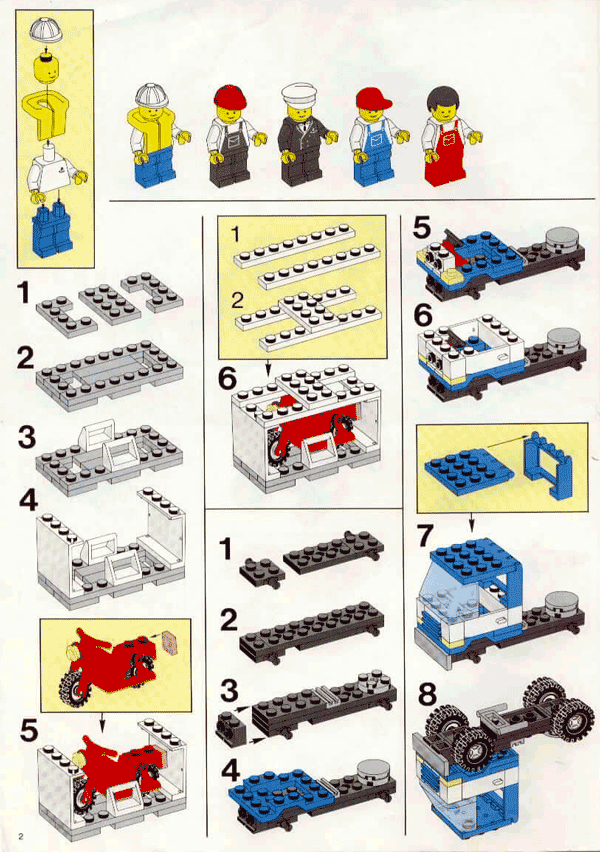
Our company has the most experience, is the biggest in the market, is the innovation leader, has the most experts, and so on.
Does this sales pitch sound familiar to you? How often did you end up in a situation being, at a single vendor's sake, to fix something?
We assess most of our customers' issues are related to putting their trust in a specific vendor solution.
Why not bring multiple vendors and talents onto one table and, based on your needs, develop multiple independent approaches where necessary and applicable? By defining or naming well-established standards and best practices, scoping the expected functionality in detail, defining extended test procedures, and evaluating corner cases, we clearly distinguish responsibilities between the involved parties.
Every party focuses on its scoped part and ensures the functionality of its sub-components and core specialization. This way, every vendor commits to their component tests and expertise, resulting in higher standards and lowering incidents on the overall solution.
We design solutions with well-established and tested building blocks, providing a solid foundation and framework to build upon.
A good scope makes a difference between your project failing and meeting your goals.
Understanding the importance of a proper definition of a solution is crucial. It is more than a guideline - it is an essential tool to hold involved parties accountable and to measure the progress during this process.
Far too often, we've seen customers relying on vendors to provide a scope assuming everything will be delivered to their expectations but not clearly defining those.
The result is frustrations for all involved parties, delays, and flaky solutions by trying to adjust things last minute.
We believe in transparent and detailed definitions, ensuring the quality of deliverables, standards compliance, milestone adherence, and interaction points and expectations between providers/vendors.
Who, what, when, where, and how are the questions that define us in our business.


Knowledge comes from experience and collaboration.
We believe and endorse the principle that you can learn something new and gain knowledge daily.
Only by letting yourself be questioned can you also gain reassurance and confidence that you are on the right track.
Therefore we permanently regroup and collaborate with individuals from various industries, exchanging and sharing our knowledge openly.
Integrating various subject matter experts and operators in multiple steps provides the necessary angles and different views you need to create reliable solutions.
Providing and leading agile teams consisting of individuals from various environments ensures a broader angle for your solution, eliminating the tunnel-vision effects of an individual's idea.
We do not own knowledge - we possess the skill in leading to let knowledge thrive.
The greatest enemy of your vision may be the users who have to carry it.
One of your key decisions in designing any solution concerns the tradeoff between features and simplicity. The more features, the more complicated it inevitably becomes.
The number of feature interactions grows by the square of the number of features: more can go wrong, and it becomes harder for users to understand why a change in one corner of the system has an effect in another corner.
Users' willingness to learn is the most crucial factor in how much complexity you can allow in the user experience. If people are highly excited about a user interface, they'll welcome more features and will spend the time to figure them out.
Mostly, though, users have a low engagement level with user interfaces and want them to get out of the way. People don't want to spend time learning; they want to spend time doing — a well-documented effect called the paradox of the active user.
We aim to identify the smallest common denominator, allowing you to accomplish your tasks and design a solution around it. It's not the features that strengthen a solution - its operability and long-term reliability are the key criteria for success.

Customers putting their trust in us:





